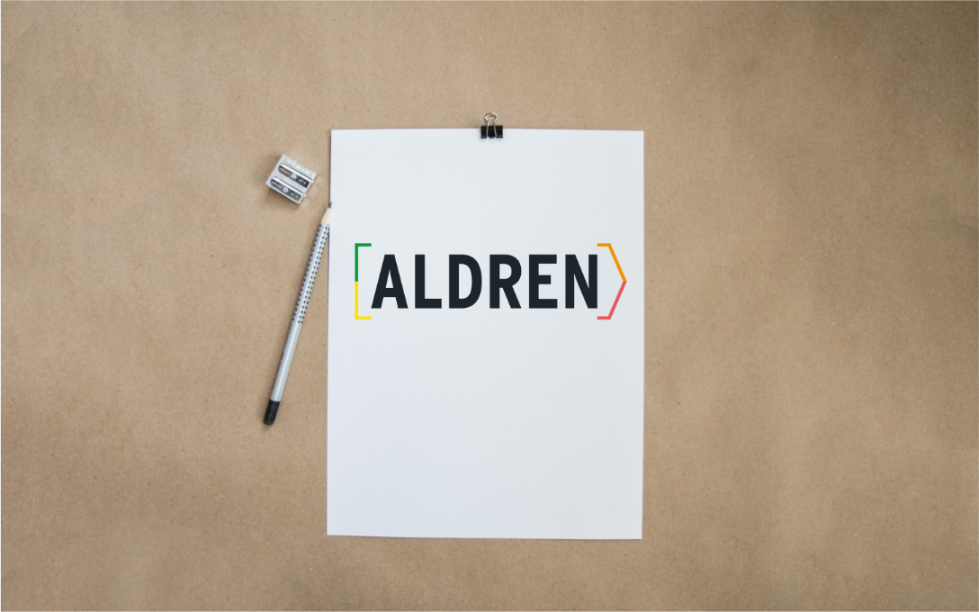Open access publication titled “ALliance for Deep RENovation in buildings: a step forward to the common European Voluntary Certification Scheme” is available in “E3S Web of Conferences, volume 111 (2019)” (click here).
Main authors: Johann Zirngibl (1), Carolina Mateo-Cecilia, and Carlos Espigares-Correa (2)
(1) Centre Scientifique et Technique du Batiment, CSTB, (2) Instituto Valenciano de la Edificación, IVE
DOI: 10.1051/e3sconf/201911103005
Full paper: click here
Abstract:
The ALDREN project (ALliance for Deep RENovation in Buildings) is the extended development and the implementation of a common European Voluntary Certification Scheme (EVCS) for non-residential buildings based on the EPBD Art. 11 (9) and CEN / ISO standards. ALDREN is a coordination and support action (CSA). It focuses on existing tools and schemes (partly developed by the European Commission), on networking, standardization, awareness raising and communications.
The main goal of ALDREN is to encourage the construction sector value chain stakeholders to undertake deep renovation projects on their properties. Issuing completed and verified Energy Performance Certificates (EPC) before and after renovation, are to contribute to the development of innovative financial valuation of building assets and financing instruments (e.g. integrating loans with differentiated interest rates) and establishing business case for deep renovation to motivate private investment.
The core objectives of the ALDREN project are:
- To provide a harmonized European energy performance rating methodology based on the European Voluntary Certification Scheme (EVCS) verified by measurements to increase comparability, confidence and market uptakeby standardized solutions (CEN/ISO standards) at European scale;
- To associate low energy renovation with high quality indoor environments to trigger renovation and to promote solutions supporting health and well-being;
- To align market recognition of high quality with enhanced buildingvalue and capacity building.
The ALDREN overarching outcome will be the infrastructure to enable market transformation for deep renovation and directly support the EU policies (EED, EPBD). Specific solutions and step-by-step renovation process will be integrated in a consistent, common way in a Building Renovation Passport (BRP). The ALDREN BRP will be aligned with the GABC (Global Alliance for Building and Construction) Building Passport initiative, seconded by DG Grow and DG Environment and with the current initiatives for residential buildings.
The non-residential sector (office buildings and hotels) is to be considered as a first step. To demonstrate the ALDREN approach, the upgraded EVCS will be implemented in pilot office buildings and hotels in different climates over the European territory. However, the ALDREN approach could be adapted to other market sectors, in a further development.
ALDREN renovation protocols may be used as individual modules in existing schemes or as standalone tool, being potentially overtaken by Member States of the European Union.


Recent Comments